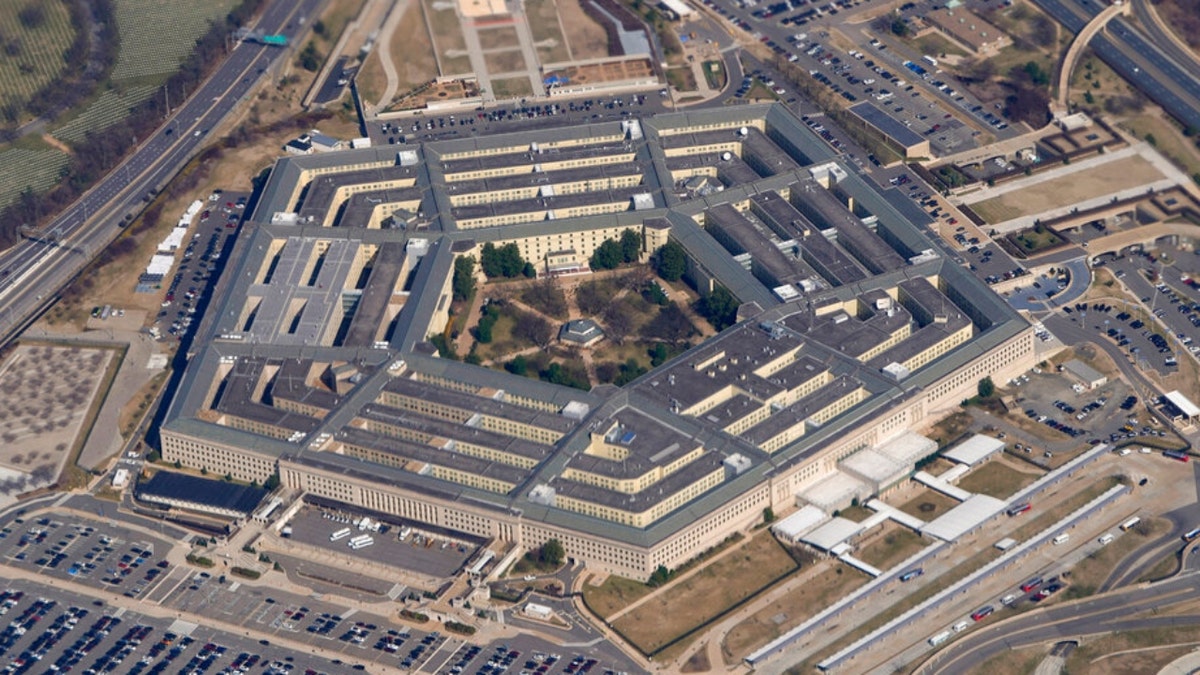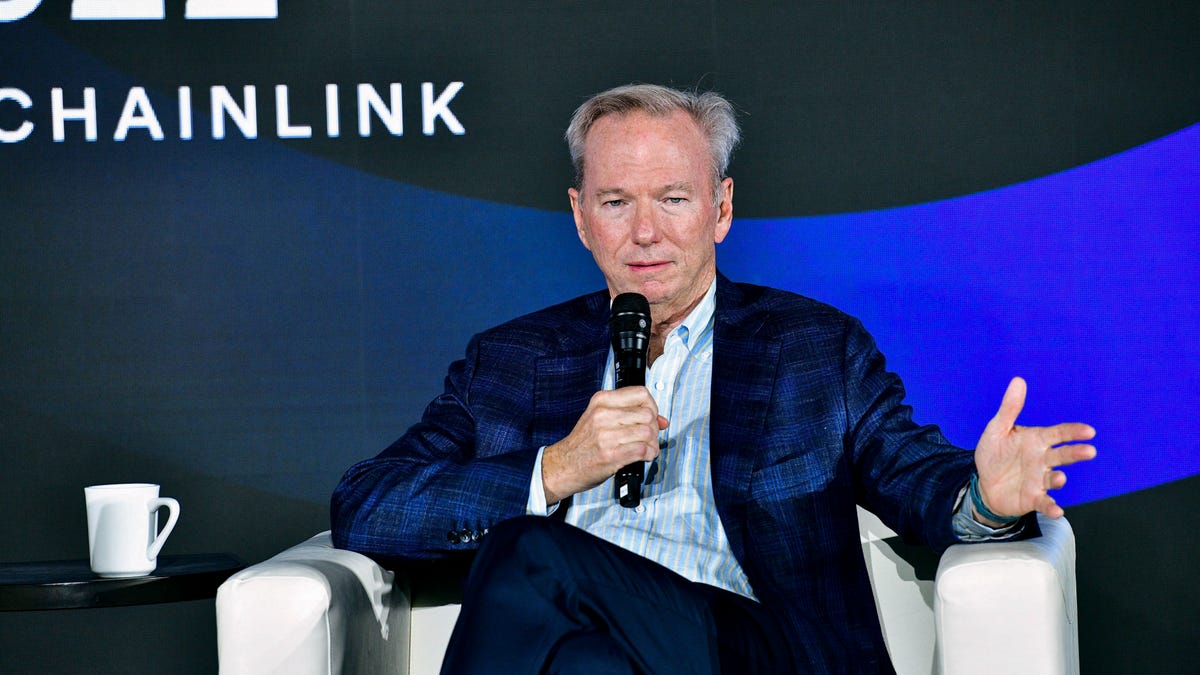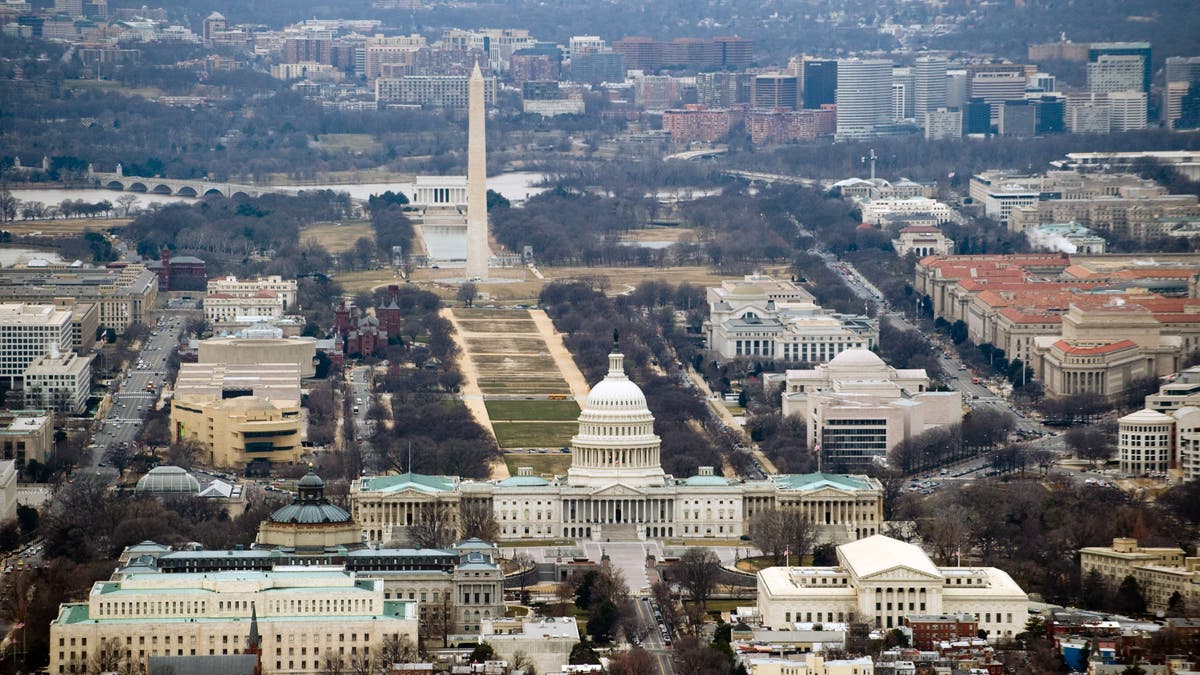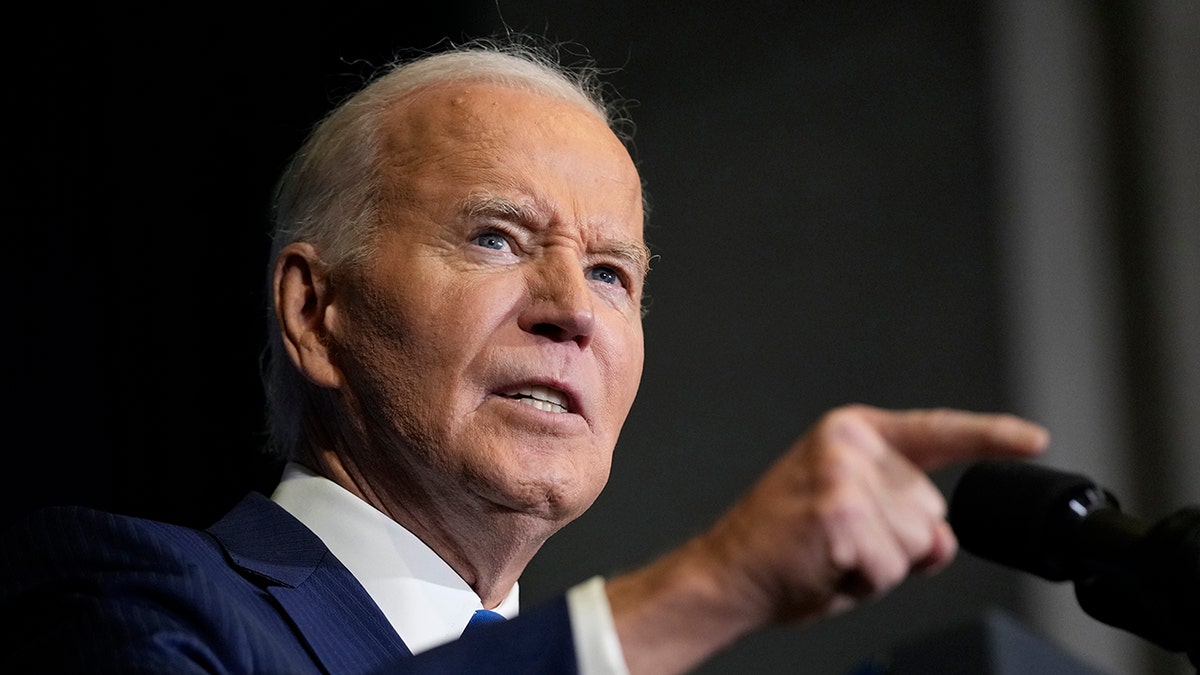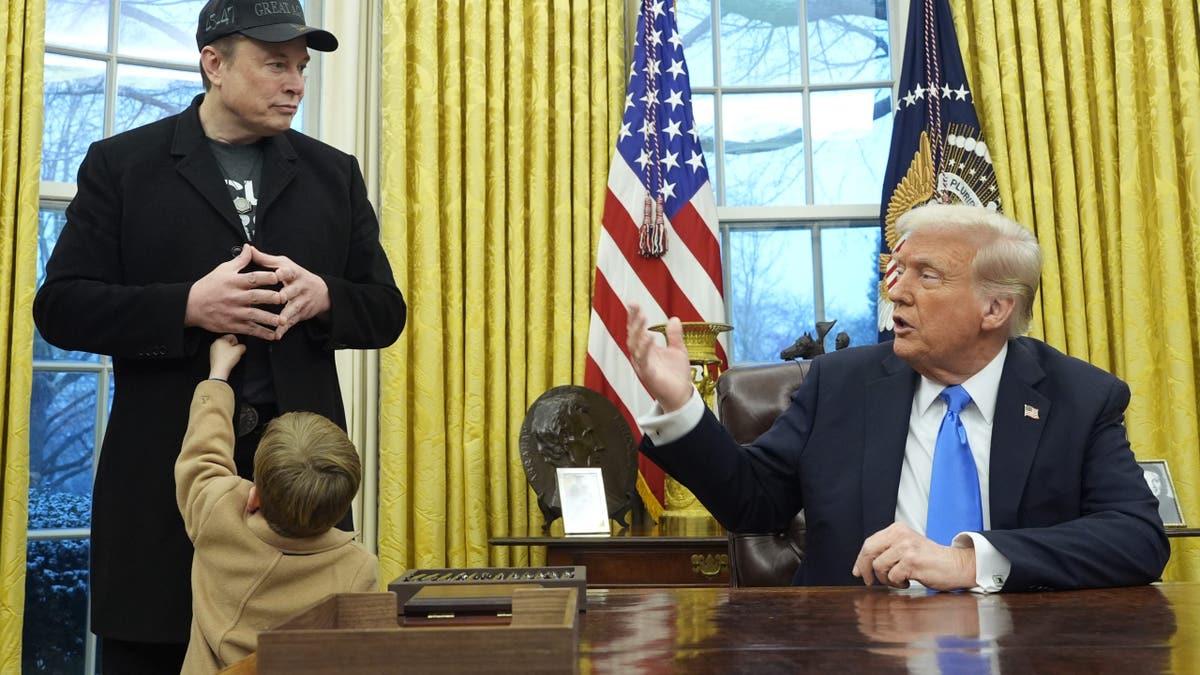A recent investigation by the Bull Moose Project reveals the extensive influence of former Google CEO Eric Schmidt on artificial intelligence and public policy in Washington. The report suggests Schmidt has cultivated a network of investments and political connections, allowing him to shape policies that benefit his interests.

Schmidt's involvement with various governmental commissions, including the Pentagon's Defense Innovation Board and the National Security Commission on Artificial Intelligence (NSCAI), has raised concerns about potential conflicts of interest. While at Google and later Alphabet, Schmidt oversaw a significant increase in the company's lobbying efforts. The report alleges he leveraged his positions on government commissions to advance policies benefiting his investments in AI and related technologies. For example, while leading the NSCAI, Schmidt's venture capital firms made numerous investments in AI companies, some of which were later favorably mentioned in the commission's final report.
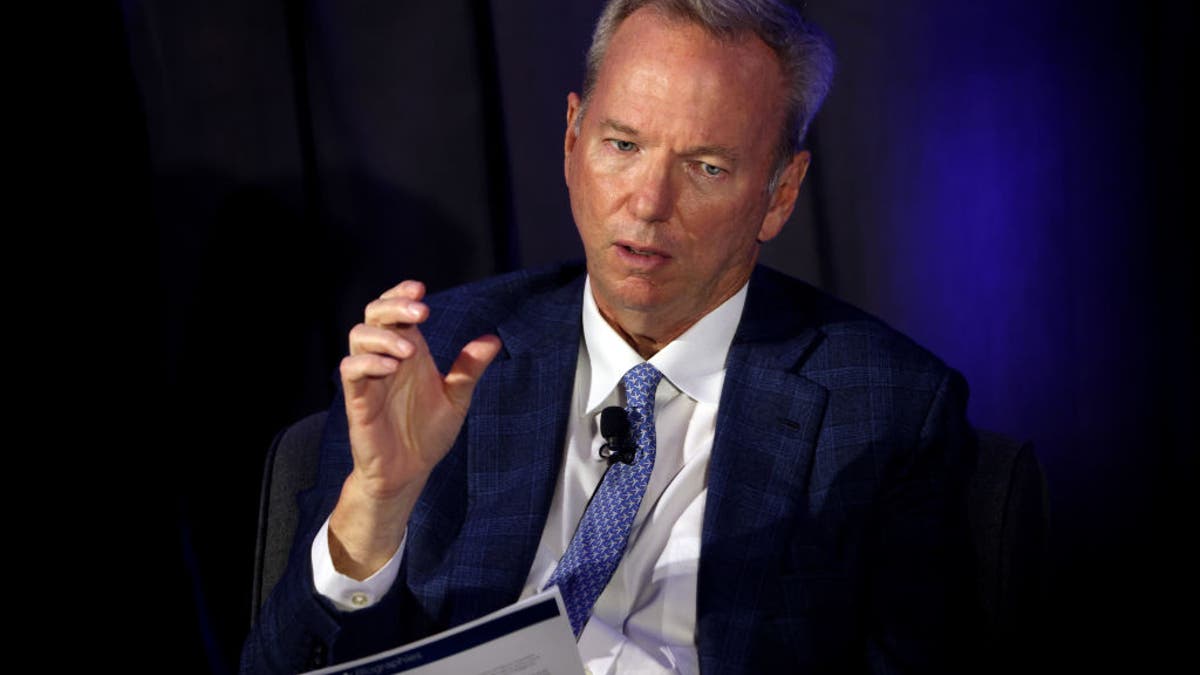
Schmidt has maintained that his work is above board and complies with all regulations. He has also emphasized the importance of engaging with the White House to effectively influence policy. However, critics like Walter Shaub, former director of the U.S. Office of Government Ethics, have expressed concerns about the potential for conflicts of interest, even if no laws were broken. Schmidt's influence extends beyond his direct involvement in government commissions. His philanthropic organization, Schmidt Futures, has been linked to the recruitment of key figures in the Defense Department's AI initiatives.

The Bull Moose Project's interactive map illustrates Schmidt's vast network, connecting him to hundreds of individuals across government, business, and academia. This raises questions about the revolving door between government service and private interests. While a spokesperson for Schmidt dismissed the report, the investigation highlights the potential for undue influence by powerful individuals on crucial policy decisions related to artificial intelligence and national security.
